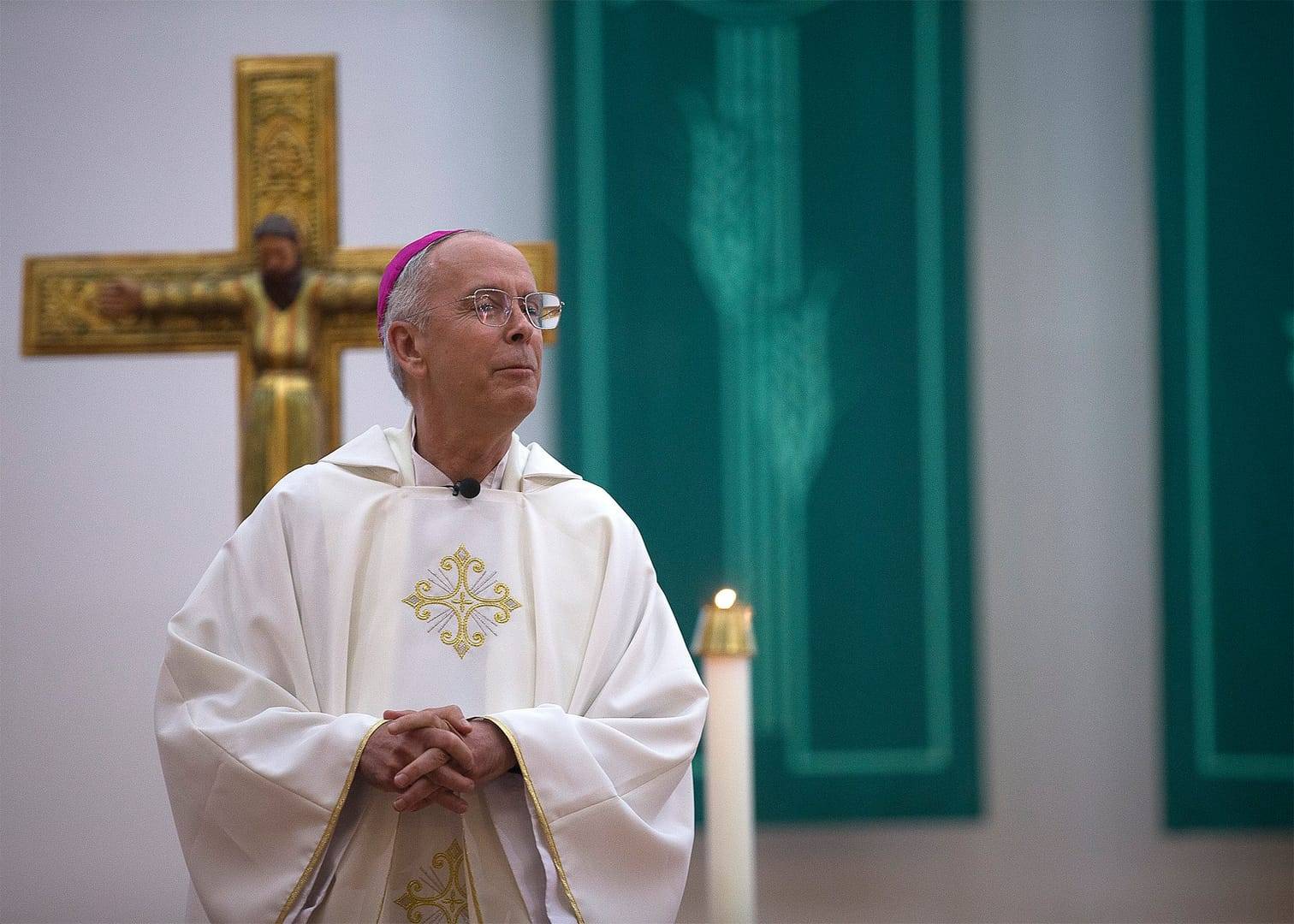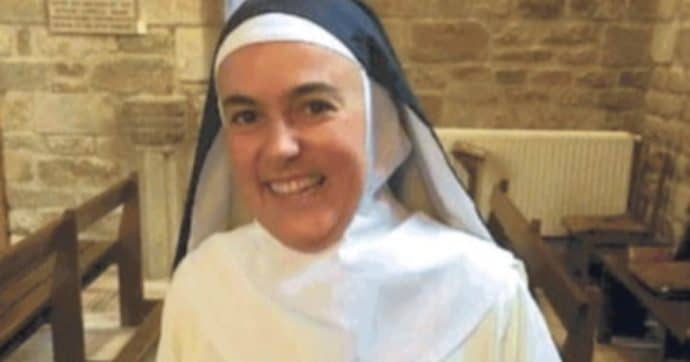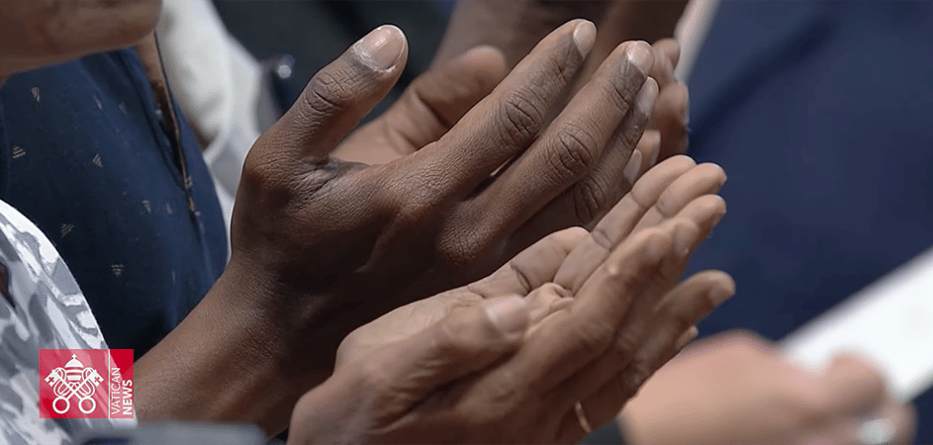Q. Although on occasion I enjoy saying the rosary privately, I have a problem with being “forced” to do so. My perception is that many churches are now saying the rosary aloud before Sunday Masses and even during holy hours.
I believe that these should be silent times for solitude and private prayer. The most annoying aspect is that, when they finally do finish the rosary and I think that I can get back to my own praying, then they proceed to recite still other prayers publicly — to Mary, the angels and the saints. Do I have the wrong attitude here? (Houma, Louisiana)
A. The church’s guidelines for the celebration of the Eucharist are to be found at the beginning of the Roman Missal, the large prayer book on the altar that the priest reads from during Mass. There, in the General Instruction on the Roman Missal, in No. 45 it is stated that “even before the celebration itself, it is commendable that silence to be observed in the church, in the sacristy, in the vesting room and in adjacent areas, so that all may dispose themselves to carry out the sacred action in a devout and fitting manner.”
It would seem, then, that the public recitation of the rosary in church during the sacred moments before the beginning of Mass should be avoided.
Instead, as you point out, this should be a time for “solitude and private prayer.”
As for the inclusion of the rosary during a Holy Hour, that is an open question. There are no strict rules for the structure of a Holy Hour, which takes its inspiration from Christ’s words to the apostles at Gethsemane, “You could not keep watch with me for one hour?”
It is a devotional exercise commonly consisting of times for mental and vocal prayer, for the exposition of the Blessed Sacrament and for Benediction. A Holy Hour may be arranged to include hymns, a litany or the rosary, depending on the desires of those who participate.
In our parish, following Mass on weekdays, a group prays the rosary aloud. They wait about 10 minutes before starting, which gives people a chance to make a private thanksgiving after Mass. (We also have a Blessed Sacrament chapel, and those who want to make a longer thanksgiving sometimes go there.)
Parishioners have always seemed quite accepting of this practice.
The goal, I think, should be to keep the central focus on the Eucharist while seeking also to accommodate various devotional practices, of which the rosary is a particularly worthy one. In November 2013, following a Sunday Angelus address, Pope Francis highlighted the value of the rosary as “spiritual medicine.” “Don’t forget to take it,” he said. “It’s good for your heart, for your soul, for your whole life.”
Q. I’ve been wondering when and why the followers of Jesus first started calling themselves “Catholic.” Can you help? (Norfolk, Virginia)
A. The first written reference to the term “Catholic” can be found in the early days of the second century. A bishop from Antioch in Syria, Ignatius, was arrested and brought to Rome by armed guards. Shortly before his martyrdom, he wrote a letter to his fellow Christians in Smyrna (the city of Izmir in modern-day Turkey) in which he said, “Where the bishop is present, there is the Catholic Church.” The word “Catholic” comes from the Greek root meaning “universal.”
The Catechism of the Catholic Church in No. 868 says that the church is catholic (because) “She proclaims the fullness of the faith. … She is sent out to all peoples. … She encompasses all times.”
Questions may be sent to the Rev. Kenneth Doyle at askfatherdoyle@gmail.com and 40 Hopewell St. Albany, N.Y. 12208.

















